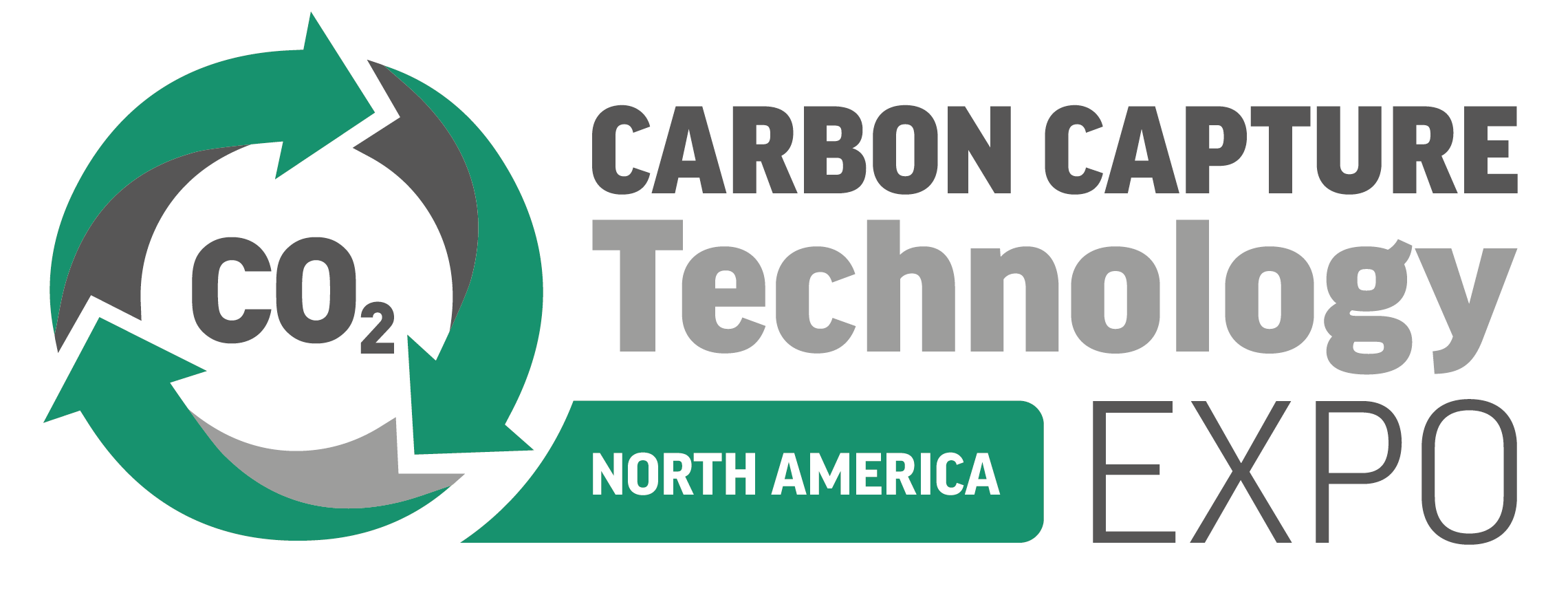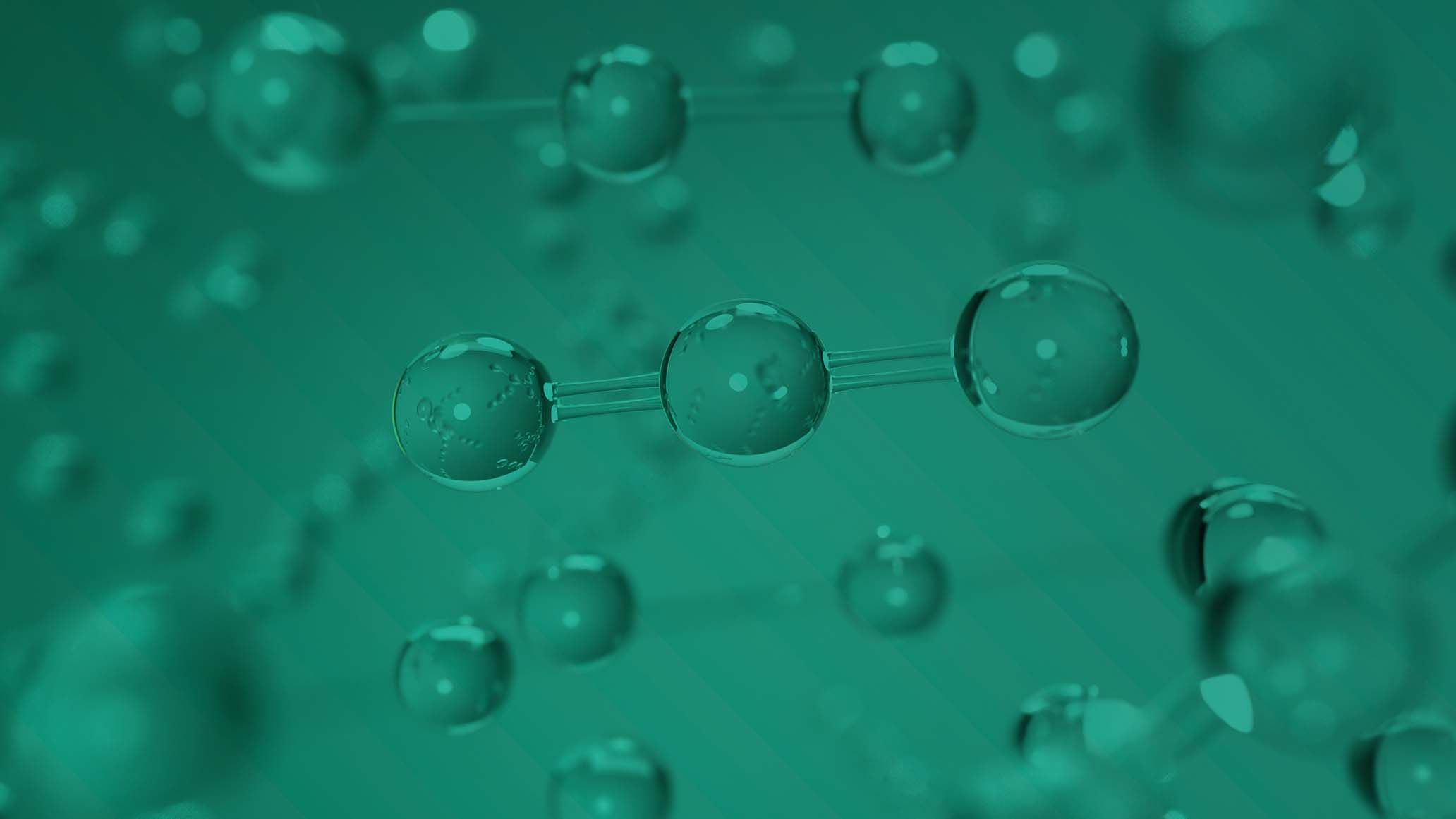Japanese companies and Petronas create partnership over CCS project in Malaysia
)
Three Japanese companies including Japex, an upstream firm, JGC, an engineering company, Kawasaki Kisen Kaisha (Kline), a shipping firm, have created a partnership with Petronas’ subsidiary Petronas CCS Ventures.
This partnership with Malaysia’s state-owned oil firm Petronas has been created along with the decision to develop a carbon capture and storage (CCS) project. This project will be based in Malaysia and the companies are aiming for the project to begin commercial operations by the end of 2028. The announcement of this project was made on the 20th of November 2023, when the companies revealed that they signed the agreement on the 22nd of September.
The idea that Malaysia could be a destination to base a carbon capture project has been under consideration for Japan for a while. Japan has taken this opportunity to begin a Co2 project within Malaysia because it is the ideal location for carbon dioxide exports and storage, whereas Japan has very limited domestic storage sites. An initial agreement between Japan’s trade and industry ministry, plus Jogmec, the state-owned energy agency, has been created with Petronas, so that the companies are now able to begin discussions around a regulatory and general framework for Co2 exports from Japan and then storage in Malaysia.
After Japex and Petronas carried out initial studies in January 2022 and JGC and Kline also started carrying out research in July 2022, the companies moved away from looking for potential Co2 storage sites, coastal shipping of Co2 and Co2 injection within Malaysia and moved onto deeper and different kinds of research. These next stages of research involve studying business schemes, costs and designs, with the intention of building pipelines in Malaysia, as well as liquefied carbon dioxide receiving facilities, plus offshore injection equipment. The hope is for the design of the project to be underway by 2024 with final-investment decisions being made by mid-2020s. Plus the final aim of beginning injection and storage of Co2 at offshore sites by the end of 2028. The plan also encompasses the hope that the project will be able to store more than 2 mn t/yr of Co2, by the end of 2028, with an increase to an estimated 5mn t/yr by 2030, with a final advancement of 10 mn t/yr by the first half of the 2030s. The Co2 will be collected from Malaysia and overseas, including Japan.



)
)
)
)
)
)
)



)
)
)
)
)
)
)
)
)
)
)
)
)
)
)
)
)
)
)
)
)
)

)

)
)
)

)
)
)
)
)
)
)
)
)
)
)

)

)
)
)
)
)
)
)
)
)
)


)
)
)

)
)
)

)
)
)
)
)
